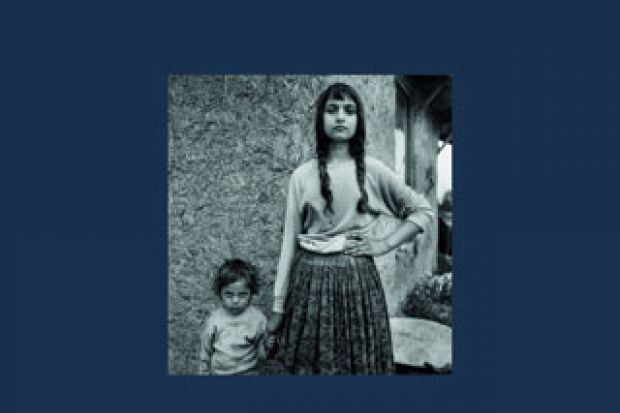Despite presenting itself as an authoritative work on the Roma, this book consists of disjointed arguments, generalisations and problematic assertions. Jelena Čvorović does not use her research experience to bridge the many literature gaps on the Roma communities, but, rather puzzlingly, bundles her work together with Jean-Philippe Rushton’s controversial “differential K theory”, as detailed in her opening pages. This theory holds that “reproductive strategies” are located on an r/K continuum, with K individuals and groups reproducing less and investing more parental attention. The late Rushton’s work drew criticism for the implication that intelligence and crime have a racial basis, and for being, in anthropologist C. Loring Brace’s words, “bad biology and inexcusable anthropology”.
The Ulster Institute for Social Research, this book’s publisher, is a “thinktank” that “specialises in the application of psychology to the analysis of social problems”. Both Čvorović and the institute have received funding from the Pioneer Fund, dedicated to researching “human nature, heredity and eugenics”. Richard Lynn, a psychologist known for his work on race and intelligence, is president of the UISR and head of the Pioneer Fund. Čvorović and Lynn recently co-authored an article for the UISR’s Mankind Quarterly journal, claiming to find that in a study of “Jews in Serbia”, men have a higher IQ. Such scholarly interrelationships appear common at the UISR, which publishes a small group of authors who cite and review each other’s work.
Most academics will ignore this book because of its provenance, and it would be easy to dismiss the UISR as a fringe group and leave it at that. Nevertheless, The Roma requires a review; it is important to shed light on its arguments, and on a publisher that gives the impression of a parallel academic universe in which decades of critical and reflexive research in anthropology and social science appear not to have happened. Beneath the academic presentation lie views that serve to entrench racialised discourses on immigration, crime and terrorism.
There are so many troubling aspects of Čvorović’s work that it is difficult to note them all. In its review of literature on the Roma – or, in the author’s words, “the Roma problem” – extant research is dubbed “Gypsimania” and criticised for the “absence of a general theory and lack of empirical basis”. Čvorović makes a number of unsubstantiated generalisations, such as “Many Roma tend to stay apart from the mainstream of society by choice” and “Roma parents…often accept the evaluation of their child as mentally disabled, since this enables them to access various benefits”.
In discussing higher birth rates and lower life expectancy among the Roma, Čvorović dismisses the “usual” explanations of poverty and limited access to healthcare, suggesting that while these may be “quite probable”, there are also “alternative hypotheses”. (The “quite probable” explanations she dismisses include those in Judith Okely’s landmark 1983 monograph, The Traveller-Gypsies.) These alternative explanations for higher fertility rates are “a mix of both genetic and cultural dispositions”. A chapter on the “demographic comparison of Muslim and Orthodox Roma” provides some novel observations, such as the range of different Roma groups within a single village, and the occupational and social practices they use to differentiate themselves from other groups. But these empirical details are almost completely obscured: the author is not interested in charting the range of social practices among the Roma communities, for example, but in applying the “K-differential” theory to explain high birth rates among some Roma groups in Serbia.
Čvorović cites Rushton in her conclusion, arguing that “people create cultures and environments compatible with their genotypes”, and her book frequently intimates that the Roma are to blame for their social exclusion. The most troubling aspect of The Roma and its publisher is that, no matter how fringe they may be to mainstream academia, work such as this will be seized on by racists of all kinds and touted as “empirical” or “academic” evidence that legitimises discrimination.
The Roma: A Balkan Underclass
By Jelena Čvorović
Ulster Institute for Social Research, 254pp, £16.00
ISBN 9780957391390 and 1302 (e-book)
Published October 2014
Register to continue
Why register?
- Registration is free and only takes a moment
- Once registered, you can read 3 articles a month
- Sign up for our newsletter
Subscribe
Or subscribe for unlimited access to:
- Unlimited access to news, views, insights & reviews
- Digital editions
- Digital access to THE’s university and college rankings analysis
Already registered or a current subscriber? Login





